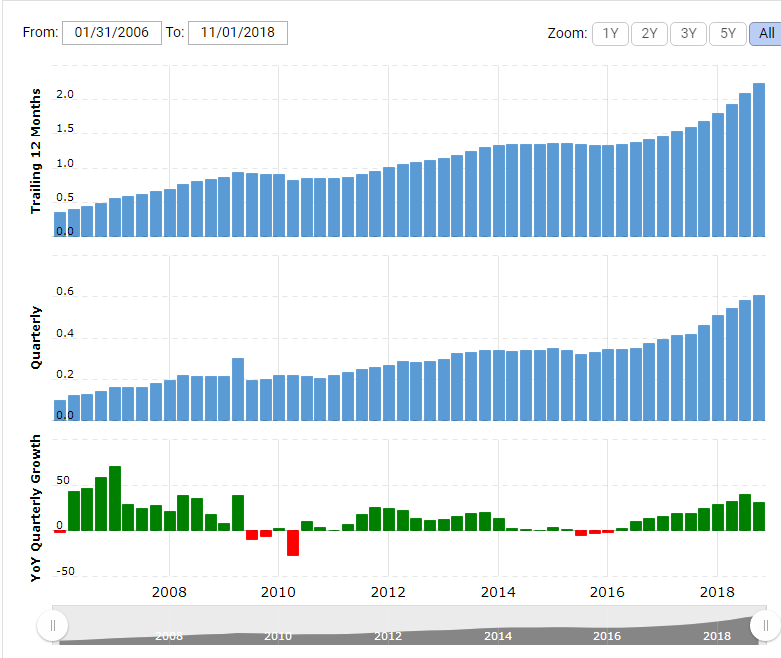NeverBackDown
AMD Enthusiast
So an architecture costing objectively more to design and produce is a biased opinion?
Can you prove it costs more to design? Pascal cost Nvidia $2 billion of just R&D. Considering Nvidia already had a bunch of development done for AI research it was just a matter of stitching together really

